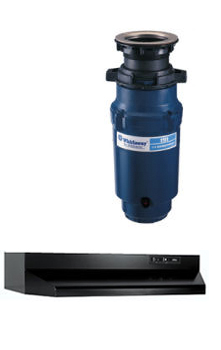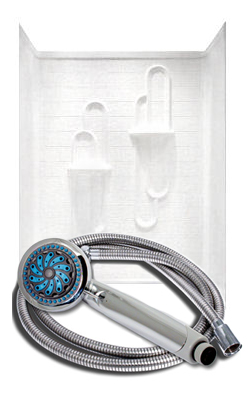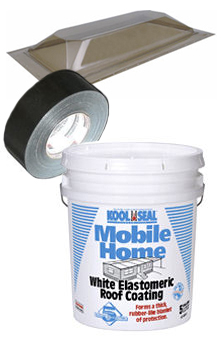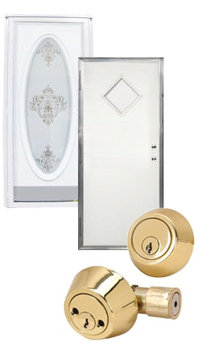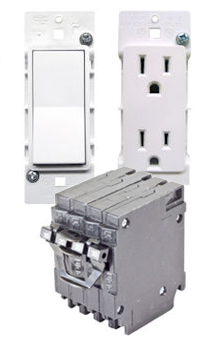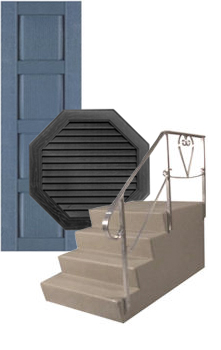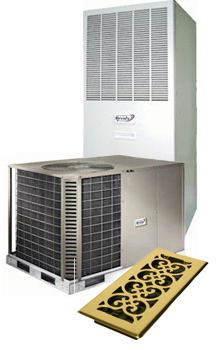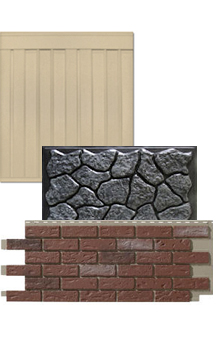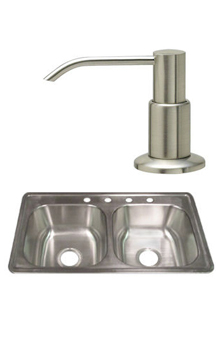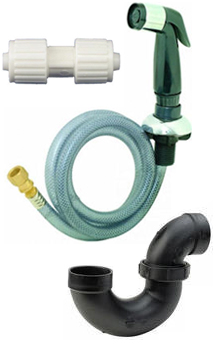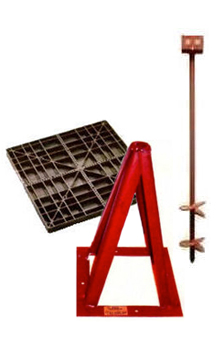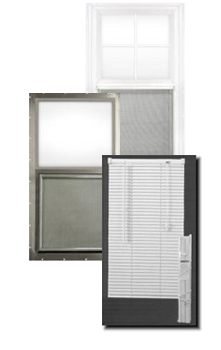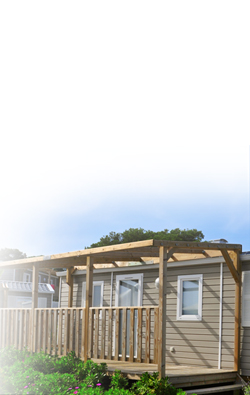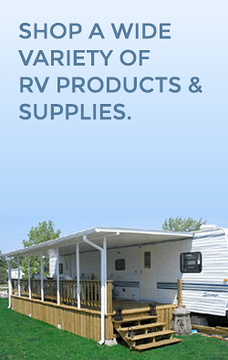 Seniors, families, and 20-somethings have flocked to mobile home communities for decades for their affordability, flexibility, and neighborhoods. However, new mobile homeowners may have questions that go beyond the home’s walls and into the community.
Seniors, families, and 20-somethings have flocked to mobile home communities for decades for their affordability, flexibility, and neighborhoods. However, new mobile homeowners may have questions that go beyond the home’s walls and into the community.
At Mobile Home Parts Store, we understand mobile home communities are not one size fits all. The level of ownership, the form of management, and the experience of different types of mobile home communities can make or break your experience. We will look at the ins and outs of common types of communities to help you find the right mobile home community for you.
Land-Lease Mobile Home Communities
Land-lease communities are one of the most common mobile home communities in the United States today due to their affordability. The owner leases the land on which the house sits, eliminating the additional expense of purchasing a plot. In land-lease communities, there are three options to become a resident of the community:
- Buy a mobile home to move to the park and pay rent on the plot of land
- Buy an existing mobile home in the park and pay rent for the lot
- Lease a mobile home as well as the property
The major downside to land-lease communities is the residents’ lack of say in the park’s future. Community land owners have the right to sell the land at any point and can force residents to move with as little as twelve months’ notice. Always refer to your state’s Manufactured/Mobile Home Landlord-Tenant Act if you only rent the lot.
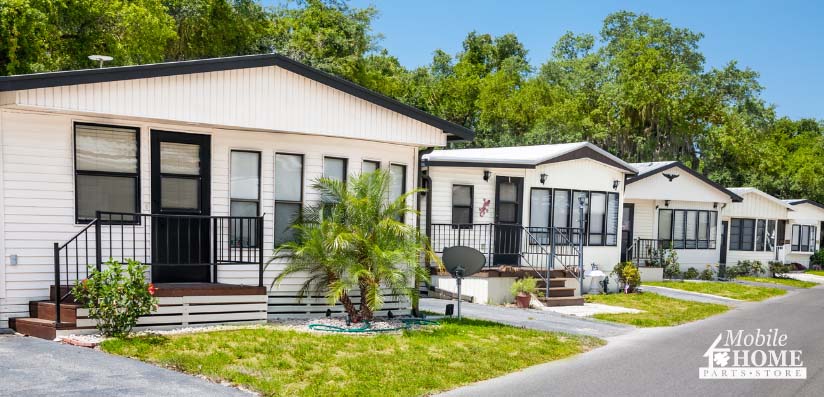
Corporate-Owned Communities
While many mobile home communities are independently owned, there has been an increasing number of corporate-owned communities. Like store or restaurant franchises, corporate-owned mobile home communities can operate on many central administration levels or follow a predesigned plan or operation.
Being part of a corporate-owned community will generally not impact your communities’ day-to-today life. However, there are some benefits and disadvantages. For example, a mobile home community with centralized control may offer better park management oversight and protection against unruly landlords. However, on the other hand, it may restrict residents’ say in decisions affecting the community, such as policies.
Budget Communities
While many parks and communities provide an affordable place for their residents, budget communities offer only the bare bones—a plot for your home, hook-ups for utilities, and not much else. In addition, these communities do not need to emphasize customer service. Therefore if you are looking for something more affordable, it is a good idea to shop around and talk to your potential neighbors about management, security, and the neighborhood.
Land-Owned Subdivisions
One alternative to land-lease communities is land-owned subdivisions. Unlike land-lease communities, there are several different homeowners in a land-owned subdivision community. In addition, homeowners own and often run these types of mobile home communities themselves, offering a fixed interest and stake in the park’s future.
Initially, a landowner or developer will level the park and sell pieces of the property to the residents within the community permanently. Then, a governing body will most likely provide certain services to the park’s residents, including public amenities.
These parks are far less common since residents must purchase a home and the property upfront. However, they allow residents a much bigger say in the park’s future, allowing for a greater sense of security.
Resident-Owned Communities
Resident-owned parks are one of the most popular communities on this list. Residents can decide the park’s future and ensure interests are met. The homeowners form a non-profit business referred to as a cooperative. The cooperative owns the land and manages the community. Residents continue to own their own homes individually but share an equal portion of the ground within the community. This arrangement allows residents to control monthly rent, maintenance, amenities, and improvements. Additionally, it provides security against unfair evictions since decisions are made by a community board of directors.
Along with the immense freedom and security comes a lot of responsibility for how the community functions. Residents must work together to manage and maintain the park, prioritize projects, keep residents satisfied, meet city or county standards, and keep the park at total capacity. However, the result is well worth the effort to allow residents complete control and involvement within their community.
Co-op Communities
Co-op communities are very similar to resident-owned communities; however, there are some crucial differences. For example, lots in the park are owned by residents rather than an equal share of the land. In contrast, the remaining land and decision-making power remain with the initial owner or developers of the community.
The residents within the co-op community then form a group similar in function to a homeowner’s association. The initial owner or developers might provide instructions on how the group should be created and what powers they might have. While co-ops offer residents the ability to own the land their home sits on, their ability to make changes within the community may still meet with resistance from the initial owner or developer.
Other Types of Mobile Home Communities

Mobile home communities often offer similar amenities but can vary in the level of ownership and the form of management. However, some also vary in the experience they offer their residents within the community by focusing on shared interests or particular similarities. While specialty mobile home communities are very broad, we will focus on three common types: family-friendly, senior, and luxury communities.
Family Friendly Communities
Many mobile home communities welcome all ages and are great for family life. However, a family-friendly mobile park may offer some perks for family-focused residents other types of parks may not. A family-friendly community may offer amenities that appeal specifically to families. For instance, they may have a community center, swimming pools, or playgrounds, as well as organized community activities centered around the kids within the community.
However, while a family-focused mobile home park is available for all ages to live in, it may not be ideal for a single person or a senior. So if you aren’t looking for a neighborhood with lots of kids running around, you may want to pass on this one.
Senior Communities
55+ Senior mobile home communities are one of the largest and fastest-growing types of specialty communities — particularly popular in retirement states such as Arizona, Florida, and South Carolina. These communities are great if you are looking to live among people your age and perhaps with similar interests. You will usually find a community center focused on activities to keep residents engaged and active within the community. While some larger senior mobile home communities will even have hair salons, tennis courts, swimming pools, shuffleboard, bingo night, and dances to keep their residents entertained.
However, the most significant drawback to senior communities is very apparent — all residents must be 55+. However, there are some senior communities where if you are married, only one person has to be at least 55, but this is not the norm. The 55+ rule extends to visitors as well. So, if you have a family member younger than 55 trying to stay with you for a few weeks, they will not be able to. This would be a definite rule violation!
Luxury Communities
Mobile homes have come a long way, but many are still unaware of how luxurious a mobile home community can be. One of the most primarily overlooked specialty communities is the luxury park. These communities are what you would expect, new high-end mobile homes and excellent community amenities, including Olympic swimming pools, clubhouses, various sporting courts, and even boat clubs for seaside or lakeside communities.
Luxury mobile home communities have become increasingly popular with young single people or married couples who do not have children. They are a great way to escape apartment living while remaining somewhat low maintenance. Some luxury communities have even become home to A-list celebrities such as Matthew McConaughey. A prime example of this is Paradise Cove in Malibu.
However, the biggest drawback to these types of communities is their price tag. Living in these parks comes with a cost. A mobile home can reach hundreds, if not millions of dollars each, and never mind the exorbitantly high rental lot and levies.
What Type of Mobile Home Community is Right for You?
A mobile home is only one part of the story of where you live. Homes include the location, surroundings, neighbors, and activities surrounding them. And for many people, a mobile home community is the right place to live. However, the level of ownership, the form of management, and the general experience each community provides can make or break your experience.
By now, it should be clear that mobile home communities are more of something for everyone rather than a one-size-fits-all. So whether you are a buyer who wants to spend their retirement on the water or look for a cost-effective place to raise a family, there is a mobile home community that caters to your needs. And as always, Mobile Home Parts Store will be here to help you with all of your mobile home parts and supplies once you decide what mobile home community is right for you.
Tags: mobile home, mobile home community


